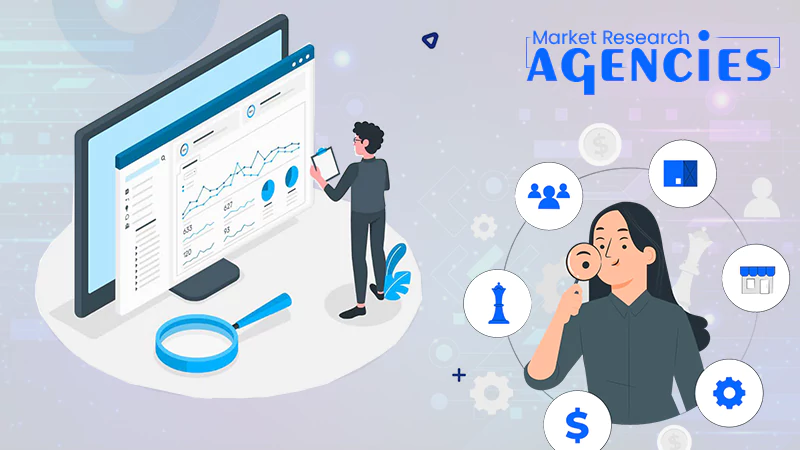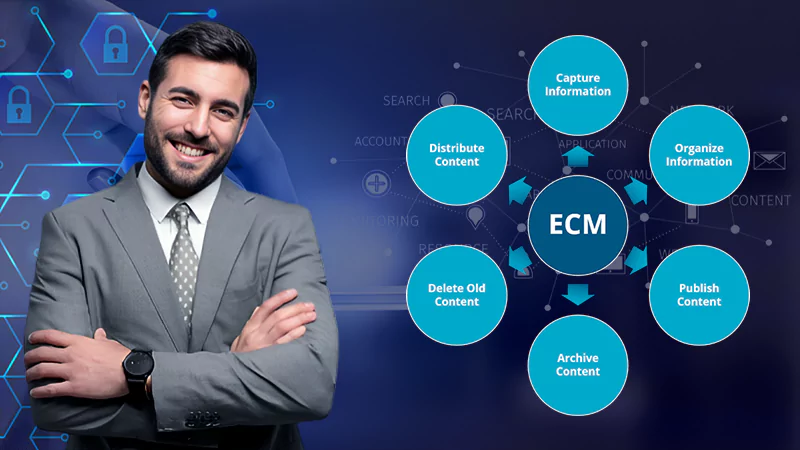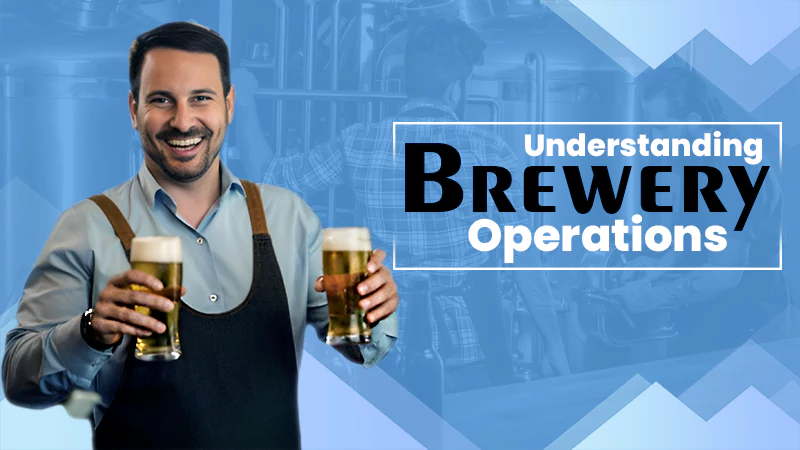Mastering Multilingual Communication: How a Translation Company Bridges Language Gaps
In our increasingly globalized world, effective communication across language barriers is crucial for businesses, individuals, and organizations of all types. This is where a translation company can play a pivotal role, serving as the bridge that connects people and cultures through language. In this blog post, we will explore the essential functions and strategies employed by translation companies to bridge language gaps successfully.
The Role of Translation Companies
Translation companies are more than just intermediaries between languages; they are the backbone of global communication. Their primary role is to facilitate the seamless transfer of information, ideas, and messages from one language to another. Here’s how they accomplish this:
Language Expertise
Translation companies employ skilled and certified linguists who are experts in various languages and subject matters. These professionals have a deep understanding of the nuances, cultural context, and industry-specific terminology required for accurate translation. Whether it’s legal documents, technical manuals, marketing materials, or medical reports, translation companies ensure that every word is translated accurately.
Cultural Sensitivity
Language isn’t just a collection of words; it’s also tied to cultural norms and values. Translation companies take cultural sensitivity seriously, ensuring that translations are culturally appropriate and do not inadvertently offend or misinterpret local customs. This helps clients avoid costly cultural missteps in their global endeavours.
The Process of Bridging Language Gaps
Translating content accurately is a complex process that involves several steps. Translation companies follow a structured approach to ensure high-quality results:
Translation
The core of the process involves converting the source text into the target language. Professional translators carefully choose the right words and phrases to maintain the original meaning, tone, and intent of the content. This step is the foundation of effective communication across language barriers.
Editing and Proofreading
After the initial translation, a second linguist reviews and edits the text to ensure it is error-free and flows naturally in the target language. This step helps catch any mistakes or inconsistencies that might have been missed in the initial translation.
Quality Assurance
Many translation companies have quality assurance processes in place, which involve additional checks and reviews to maintain the highest standards. This may include linguistic validation, terminology management, and client-specific quality control measures.
Localization
Localization goes beyond translation and adapts content to suit the cultural and linguistic nuances of the target audience. This can involve modifying images, layout, and even the choice of colours to resonate with local preferences.
Cutting-edge Technology in Translation
Translation companies are not just relying on human expertise; they are also harnessing technology to enhance their services:
Computer-Assisted Translation (CAT) Tools
CAT tools help translators work more efficiently by offering features like translation memory, terminology databases, and automated quality checks. These tools speed up the translation process and maintain consistency across large projects.
Machine Translation
Machine translation, while not perfect, can be a valuable tool when used alongside human translators. Translation companies often integrate machine translation into their workflow to increase productivity and reduce costs.
AI and Neural Machine Translation
The latest advancements in artificial intelligence and neural machine translation have revolutionized the industry. These technologies enable translation companies to provide faster, more accurate translations, especially for high-volume content.
Industries Served by Translation Companies
Translation companies play a vital role in various industries, including:
Healthcare and Life Sciences
In healthcare, accurate translation of medical records, research papers, and patient information is critical. Translation companies ensure that medical professionals and patients can communicate effectively regardless of language barriers.
Legal
The legal industry relies on precise translation for contracts, court documents, and international legal matters. Translation companies help law firms navigate the complexities of global legal communication.
E-commerce and Marketing
Global brands need to adapt their marketing materials to resonate with local audiences. Translation companies assist with translating websites, product descriptions, and marketing campaigns to ensure they are culturally relevant.
Translation companies are indispensable in our interconnected world, serving as the vital link that bridges language gaps. Their role in facilitating clear and accurate communication across borders and cultures cannot be overstated. By leveraging language expertise, technology, and a commitment to cultural sensitivity, these companies play a pivotal role in enabling businesses and individuals to thrive in our globalized society. Whether you’re a multinational corporation, a healthcare provider, or an individual seeking to connect with a global audience, translation companies are there to ensure your message is heard, understood, and appreciated worldwide.
Follow Us
Latest Post















